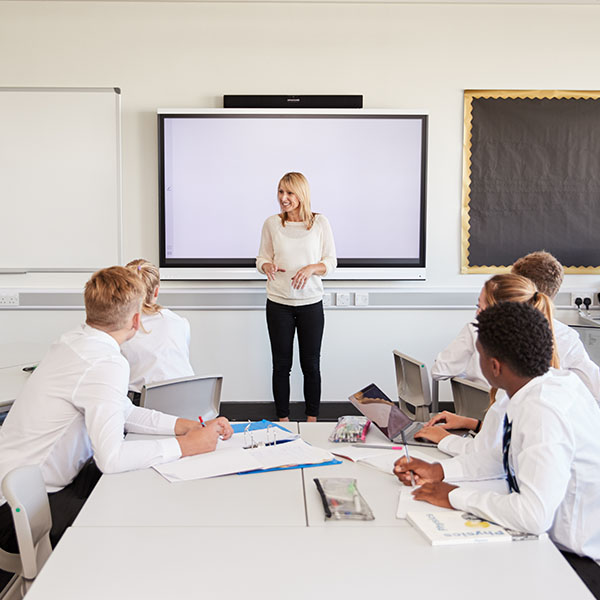How do Team GB win so many gold medals? Are we blessed with a genetically gifted generation that are predisposed to sporting success, the likes of which their predecessors would have craved for?
Or is it something else… are their talents being nurtured in a better way? And if it is the latter, is this something that schools can learn from?
The Story of Team GB
The story of Team GB’s medal revolution can probably be traced back to July 27th 1996. It was on this day that Steve Redgrave and Matthew Pinset won Team GB’s only gold medal of the game. To put that in context, it meant GB finished one place below Ethiopia and one above Belarus in the medal table. Fast forward twenty years and Team GB finished second overall, winning more golds than Olympic heavy weights China, Russia and Germany.
Keen to find out how this happened, researchers recently performed an extensive review on what is known about developing elite talent (you can read the study here). Below, we give an overview of some of their findings as well as explore what similarities there are between these results and what we know about why some students do better at school than others.
The Age Effect
Successful athletes tend to be old for their year group (for example, 65% of the England squad who went to the World Cup in 2018 were born between September and December). This is called ‘the relative age effect’. If a 10 years old child who was born in September was competing against one born in August, then the older child would be 10% ahead of them in terms of physical maturity. At this age, this makes a big difference and as such, older children tend to stand out in their year group and are earmarked as better athletes.
It is interesting to consider how some sporting institutions are trying to overcome this. By being aware of this problem and putting proactive strategies in place, they are exposing themselves to a wider talent pool, as they are not making decisions based on incomplete information at an early stage. This will surely raise the overall level of performances down the line.
Does something similar happen in school? Absolutely. Evidence suggests that those born in September are far more likely to perform better in primary school than those born in August. They might be labelled as ‘gifted and talented’, but the truth is they are probably just older. We therefore confused ability with age.
Mindset Matters
The researchers note that “successful athletes display higher levels of motivation, higher levels of confidence and perceived control, higher levels of mental toughness and resilience, better ability to cope with adversity, greater resistance to choking in high pressure situations and command a wide range of mental skills (e.g. goal-setting, anxiety control, imagery, self-talk and decision making).
Could students benefit from some (if not all) of these skills? Absolutely. Areas such as self-regulation and metacognition have been gaining more attention in the education world, as teaching these skills has been found to help students improve their learning. Likewise, we now know more than ever about how to help students do goal setting better, improve how they talk to themselves, and develop skills needed to perform well under revision and exam pressure (something that is so important now that they are less likely to do modular exams).
Support From Adults
It was noted in the study that athletes from each level of expertise (i.e. junior, elite and super-elite) were aided by the support of parents and/or coaches. Apart from logistical and technical support, they provided emotional support as well as enhancing “the development of psychological skills and mental toughness in athletes during their development years”. This is why it is so important to have a good team around you.
The same is true in education. A growing body of evidence has started to pinpoint exactly what parents can do to best aid their child’s academic endeavours. These include having higher expectations, clear rules around homework, reading to them, and having regular conversations about how school is going.
Final Thought
This study provides a treasure trove of ideas on how to help people nurture their natural abilities. We recommend all coaches (and teachers) read the whole study, as there are many other fascinating tips that they recommend, that we couldn’t squeeze into one blog. Some are more sport specific than others; but of the ones mentioned above, it is interesting to note how much cross-over there is between sporting and education success. Hopefully, as with Team GB, we are about to enter our own golden era of development and performance in education as well.







